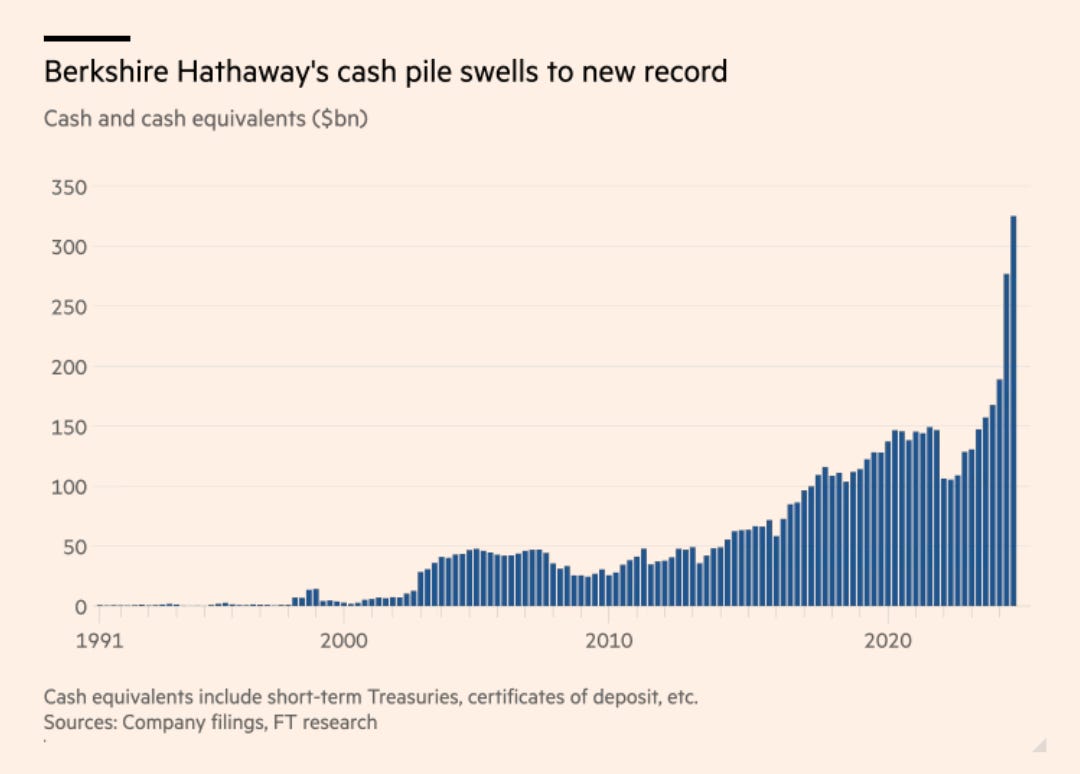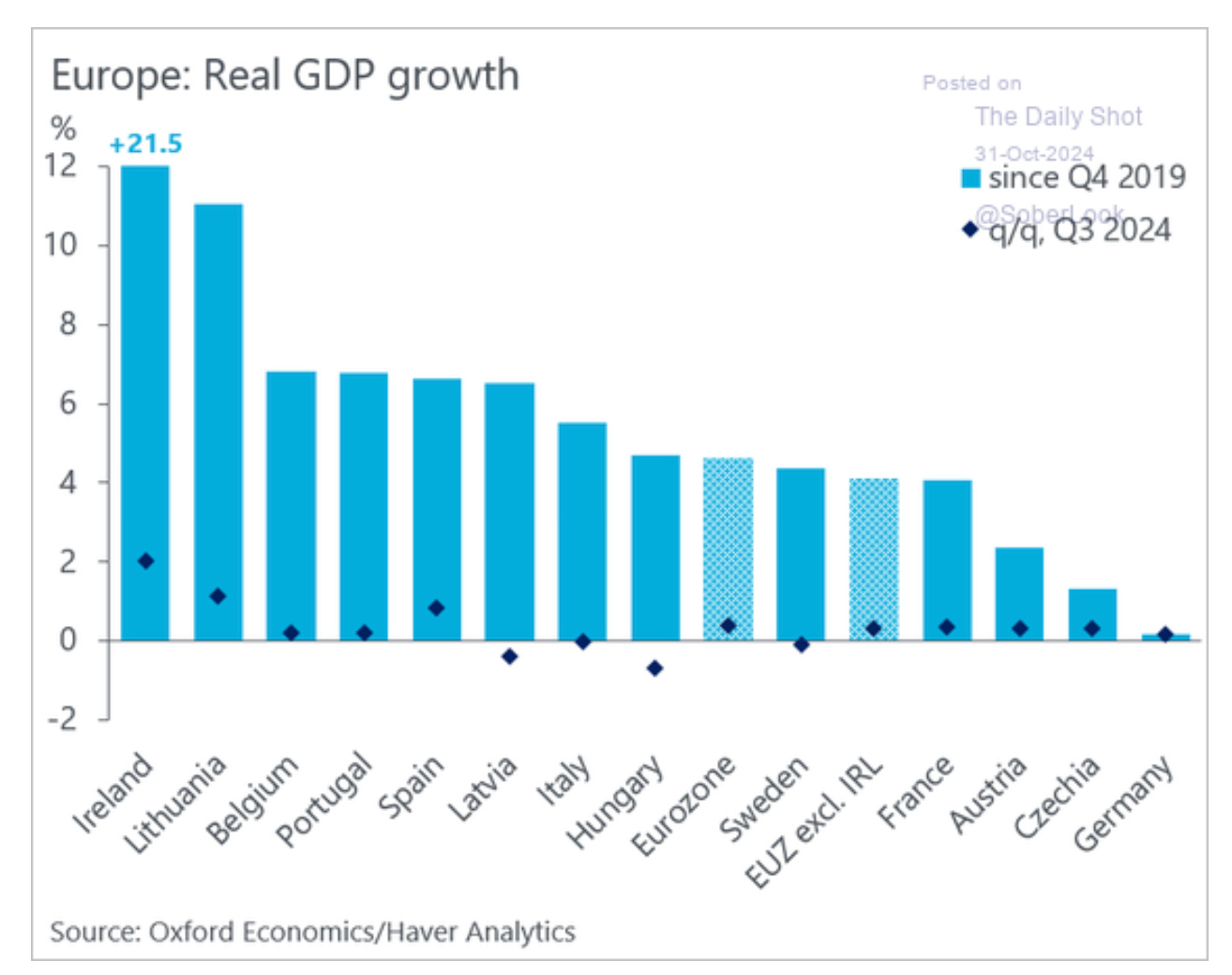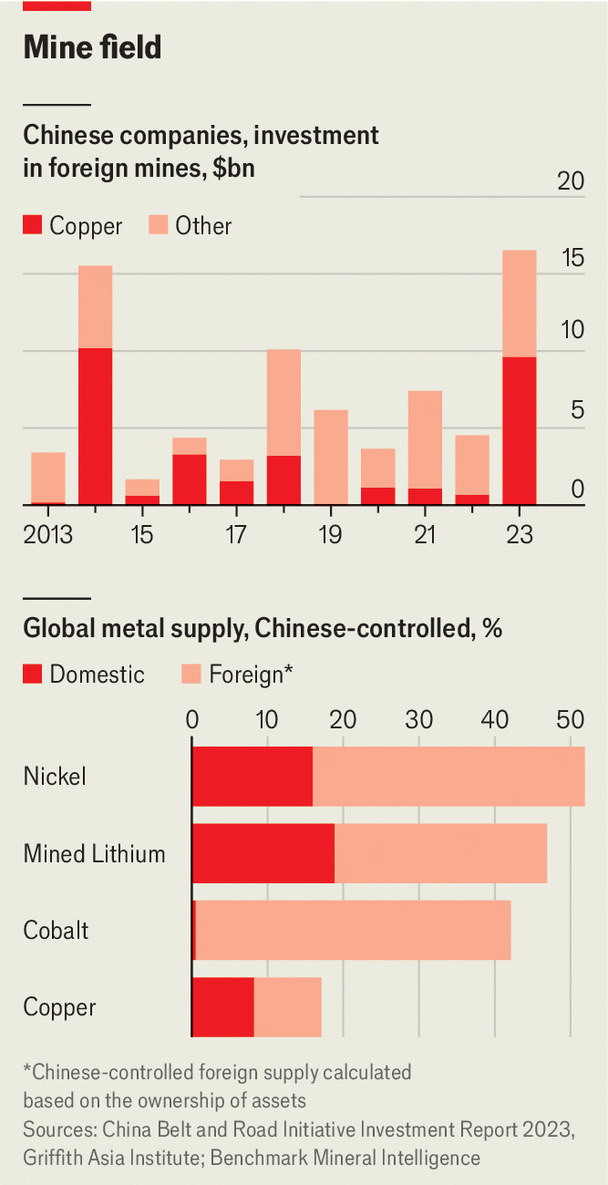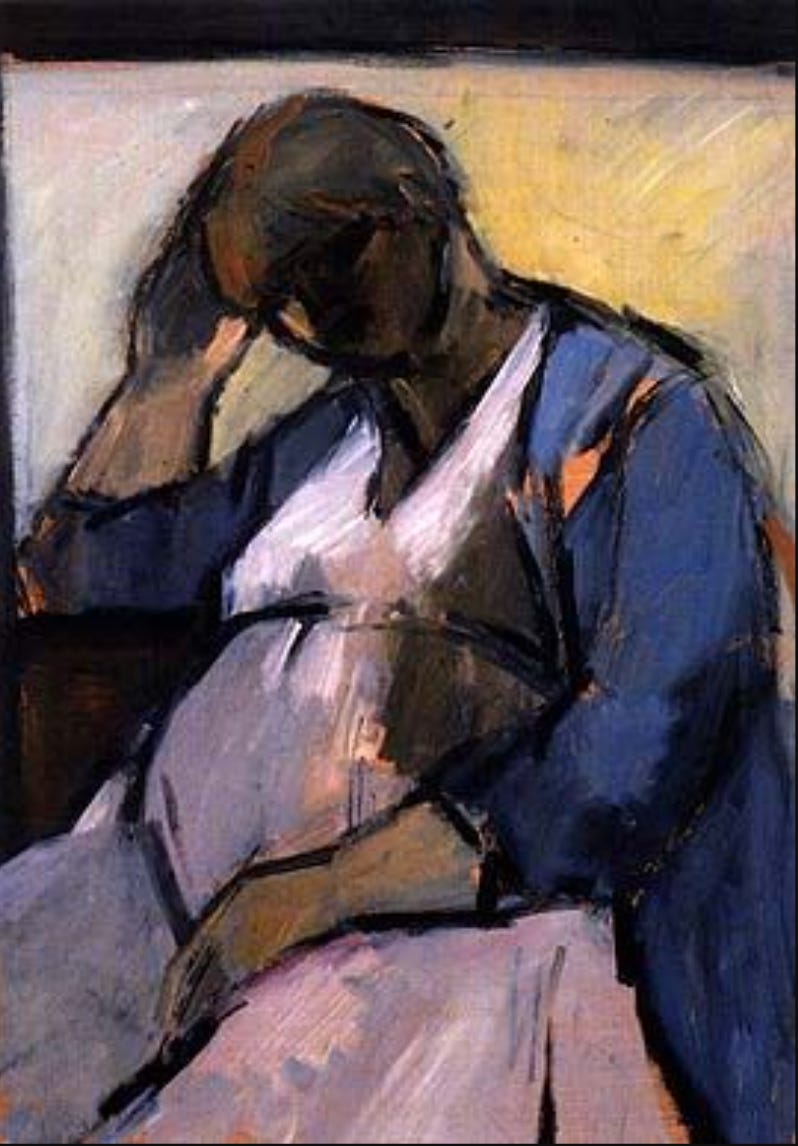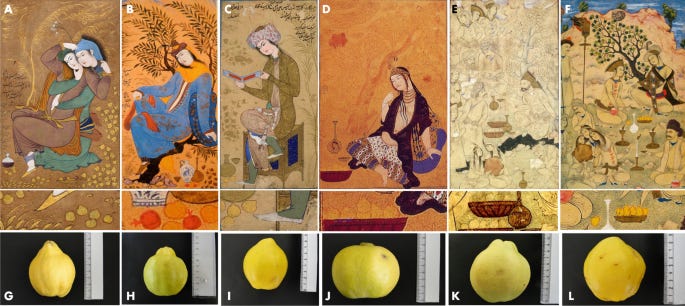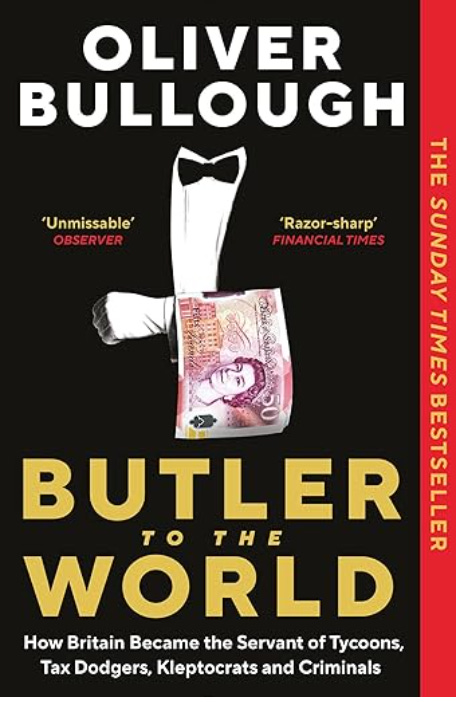Buffett's cash pile. China's copper push. IKEA and GDR prison labor & the UK as "Butler to the World"
Great links, images and reading from Chartbook Newsletter by Adam Tooze
Thank you for opening the Chartbook email.
Howard, Ghislaine (1953 – ) Riot Policeman, Source: Trent Art
Buffett’s cash pile
Warren Buffett continued to slash his stake in Apple as part of a selling spree that has seen his Berkshire Hathaway dump $166bn worth of stocks over the past two years, with the Oracle of Omaha finding few other opportunities to chase in the US stock market. The sprawling industrial and investment conglomerate disclosed on Saturday that it had reduced its position in Apple to $69.9bn in the third quarter, indicating it had shed a further 100mn shares in the three-month period. In just over a year, Buffett has ditched almost two-thirds of his stake in the technology company, which at its peak in 2023 accounted for $178bn of the company’s stock portfolio. The stock sales are a dramatic shift by Buffett, given in 2022 he described Apple as one of Berkshire’s “four giants”, accounting for the bulk of the company’s value. At the company’s shareholder meeting in May he described the iPhone maker as “an even better business” than Coca-Cola and American Express, two of Berkshire’s longtime holdings.
Source: Financial Times
Gar nichts to see here …. everything normal in the German economy under super responsible stewardship of Finance Ministry.
HEY READERS,
THANK YOU for opening the Chartbook email. I hope it brightens your weekend.
I enjoy putting out the newsletter, but tbh what keeps this flow going is the generosity of those readers who clicked the subscription button.
If you are a regular reader of long-form Chartbook and Chartbook Top Links, or just enthusiastic about the project, why not think about joining that group? Chip in the equivalent of one cup of coffee per month and help to keep this flow of excellent content coming.
If you are persuaded to click, please consider the annual subscription of $50. It is both better value for you and a much better deal for me, as it involves only one credit card charge. Why feed the payments companies if we don’t have to!
And when you sign up, there are no more irritating “paywalls”
One thing most agree upon is that China’s economy cannot be fixed without first rescuing the housing market.
For contributing subscribers only.
China’s mining expansion
Last year China’s companies ploughed roughly $16bn into mines overseas, not including minority investments.
That is the highest figure in a decade, up from less than $5bn the year before (see top chart). On October 8th a Chinese state-owned enterprise disclosed plans to invest more than $5bn in a copper mine in Afghanistan. The next day Zijin Mining, China’s most valuable listed miner, said it would spend $1bn on a gold mine in Ghana. On October 14th a group of Chinese firms committed $5bn to Zambian mining over the next five years. Chinalco, another Chinese state-owned company, reportedly wants a stake in the Philippines’ biggest copper mine. Chinese miners control a large and growing share of the world’s minerals, including about half of nickel and mined lithium, more than two-fifths of cobalt and a fifth of copper. … The latest spending spree by Chinese miners has tightened their grip on global minerals. Their focus has been to expand their share of copper, a critical element for electrification. In 2023 the metal accounted for around three-fifths of their overseas investment. … All that investment has lifted a number of China’s miners into the big leagues. Zijin, which has assets from Serbia to Suriname, last year produced about three-fifths as much copper as BHP, the world’s most valuable miner, and has ambitions to become a top lithium producer, too. Its market value has soared by 500% over the past five years, to more than $60bn, surpassing Vale, a Brazilian mining giant. CMOC, a Chinese state-backed miner that has been acquiring large cobalt projects in the Democratic Republic of Congo, is now the world’s biggest producer of the metal.
Source: The Economist
Where institutional operators have largest share of home ownership in the US:
For contributing subscribers only.
Ghislaine Howard Study for self-portrait 1984, Source: Ghislainehoward
Ikea to pay compensation for forced labour in GDR
For contributing subscribers only.
Pome fruit in Persian miniatures, Source: Springer Nature Link
Butler to the World
To say this unmissable, deeply depressing book – about exactly how Britain pimps itself to the world’s dirtiest money – is timely is to miss author Oliver Bullough’s point. The fact is the stories that he tells, sordid tales of a nation flogging its real estate and its services and its football clubs and its good name to the shadiest and highest bidder, no questions asked, have been hiding in plain sight for decades. It has just seemed in no government’s interest to notice them. Bullough himself has long been shouting from the bullet-proof penthouses about these tales. Alongside his 2018 book Moneyland – a quest into that Narnia of libel laws and tax havens and old-school-tie discretion that makes London so attractive to extortionists – he organised “kleptocrat tours” of the capital, his equivalent of Hollywood Hills rubber-necking, bus trips around Knightsbridge and Mayfair pointing out the mansions where the cronies of the world’s worst dictators and biggest tax dodgers hide their billions.It took even Bullough a while, though, to nail the exact bent-double relationship that many among the elite of this country’s lawmakers and bankers and lawyers and accountants have adopted toward this global kleptocracy. The rouble dropped when he was approached by an American academic and asked to explain what the British government did to protect the nation against money laundering. Which agencies had the most teeth, which prosecutors won the most cases, which politicians were most vocal, where could he find the paper trails? Bullough had to explain that unlike in the United States, where there were well-funded federal bureaux and tenacious homeland security investigators and high-profile cases of launderers brought to justice, in Britain there were very few of these things. Eventually, in response to his interlocutor’s bafflement, he blurted: “We’re not a policeman, like you guys, we’re a butler, the butler to the world…“How long has this been going on?” and Bullough again found himself answering without hesitation: “It started in the 1950s. We needed a new business model after America took over as the world’s superpower, and this is what we found.” He dates the shift to the Suez crisis in 1956, the year that Britain’s imperial apparatus finally collapsed, and the establishment cast around for another source of wealth to keep it in the style to which it had long become accustomed. The philosophy of the new venture went by the name of “light touch regulation”.
Tim Adams in Guardian
From the 365 Series: The Guardian 2/10/14, Source: Ghislainehoward
If you have scrolled this far, you know you want to click:




